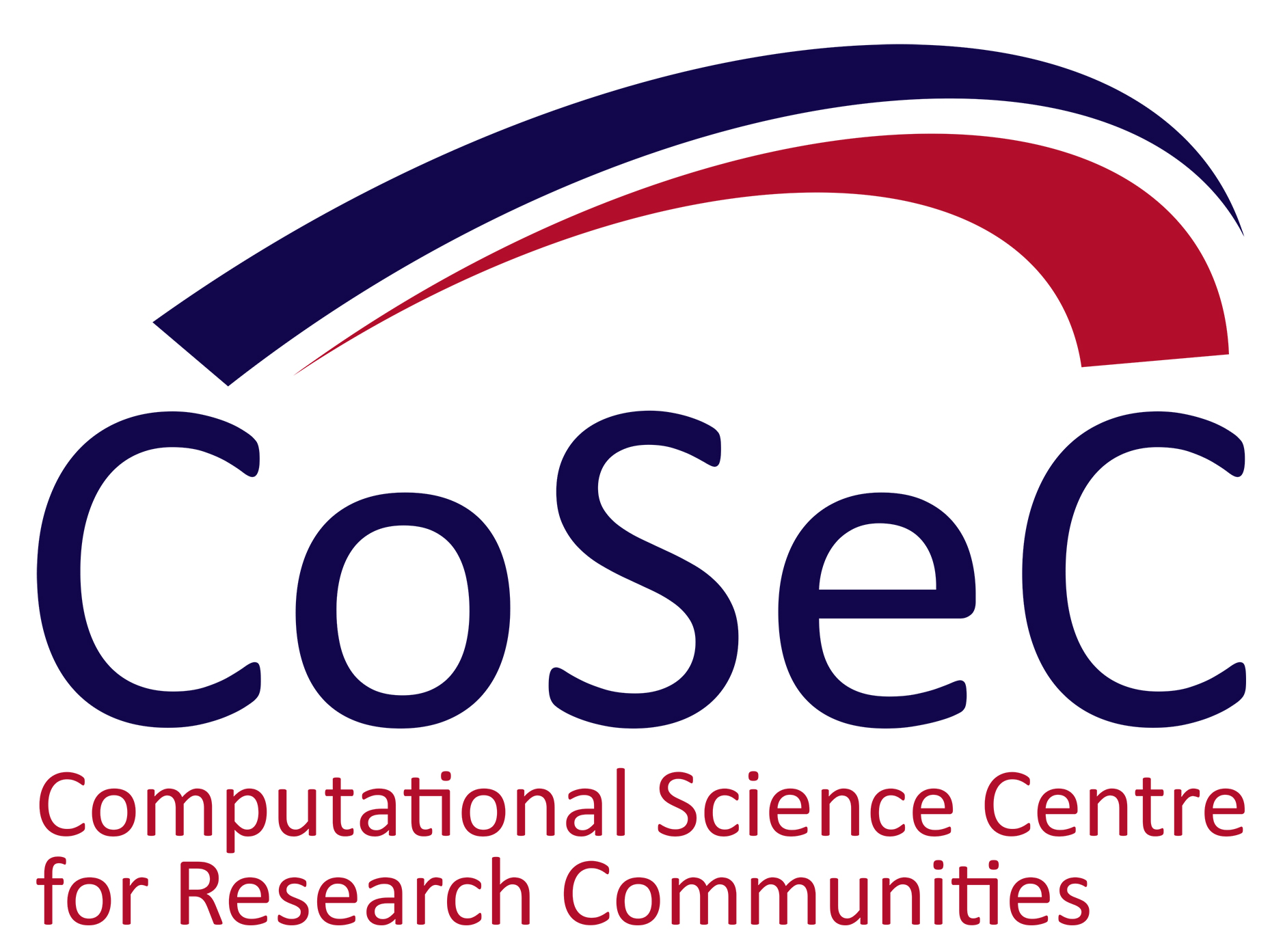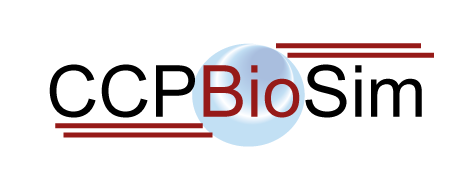About
Emails have been sent please check your spam/junk folder if you see nothing in your inbox
Due to the current uncertainty over the COVID situation the school will be taking place online.
Organised by CCP5 and sponsored by CECAM, the School is intended for newcomers to the science of molecular simulation and will provide a comprehensive introduction to the theoretical background as well as practical sessions on computational methods and research seminars to illustrate the versatility of simulation in modern research. There will also be opportunities for participants to present their own research.
The Summer School starts with a two-day programming course, where students can opt to take either Python or modern Fortran. After this preparation, the first five days of the main School will cover the basics of molecular simulation, and the remaining three days will be devoted to more advanced courses with options in mesoscale, ab initio, and biomolecular simulation. Course notes will be provided in electronic format. In addition to the lectures, there will be extensive practical sessions in which students will undertake computational exercises to reinforce and further explore the material.
The school will take place between 11th and 22nd of July 2021 in online.
A fee of £50 to cover part of the expenses will be charged to successful applicants. The school has 50 to 100 places available. Successful applicants from last year’s delayed summer school will have an automatic reserve for this year’s online school and they will be receiving an email about this.
Please note The school can be recognized towards your doctoral training in UK, also upon request we can provide a letter for ECTS credits for your school.
Key dates
- Application deadline: 15th of April 2021
- Acceptance decision: 1st of May 2021
- Fee payments: 1st of June 2021
Organising Committee
- Dr Colin Freeman, University of Sheffield
- Prof Neil Allan, University of Bristol
- Dr Mark Miller, University of Durham
- Dr Alin Elena, STFC Daresbury Laboratory
Sponsors






Code of Conduct
We value the participation of everyone and want to ensure that everyone has an enjoyable and fulfilling experience, both professionally and personally. Accordingly, all participants of the CCP5 Summer School are expected to always show respect and courtesy to others. The CCP5 and its partners strive to maintain inclusivity in all of our activities. All participants (staff and students) are entitled to a harassment-free experience, regardless of gender identity and expression, sexual orientation, disability, physical appearance, body size, race, age, and/or religion. Harassment in any form is not acceptable for any of us.
We respectfully ask all attendees of the CCP5 Summer School to kindly conform to the following Code of Conduct:
- Treat all individuals with courtesy and respect.
- Be kind to others and do not insult or put down other members.
- Behave professionally. Remember that harassment and sexist, racist, or exclusionary jokes are not appropriate.
- Harassment includes, but is not limited to, offensive verbal comments related to gender, sexual orientation, disability, physical appearance, body size, race, religion, sexual images in public spaces, deliberate intimidation, stalking, following, harassing photography or recording, sustained disruption of discussions, and unwelcome sexual attention.
- Participants asked to stop any harassing behaviour are expected to comply immediately.
- Contribute to communications with a constructive, positive approach.
- Be mindful of talking over others during presentations and discussion and be willing to hear out the ideas of others.
- All communication should be appropriate for a professional audience, and be considerate of people from different cultural backgrounds. Sexual language and imagery are not appropriate at any time.
- Challenge behaviour, action and words that do not support the promotion of equality and diversity.
- Arrive at the events punctually where possible.
- Show consideration for the welfare of your friends and peers and, if appropriate, provide advice on seeking help.
- Seek help for yourself when you need it.
please report any issues to alin-marin.elena@stfc.ac.uk